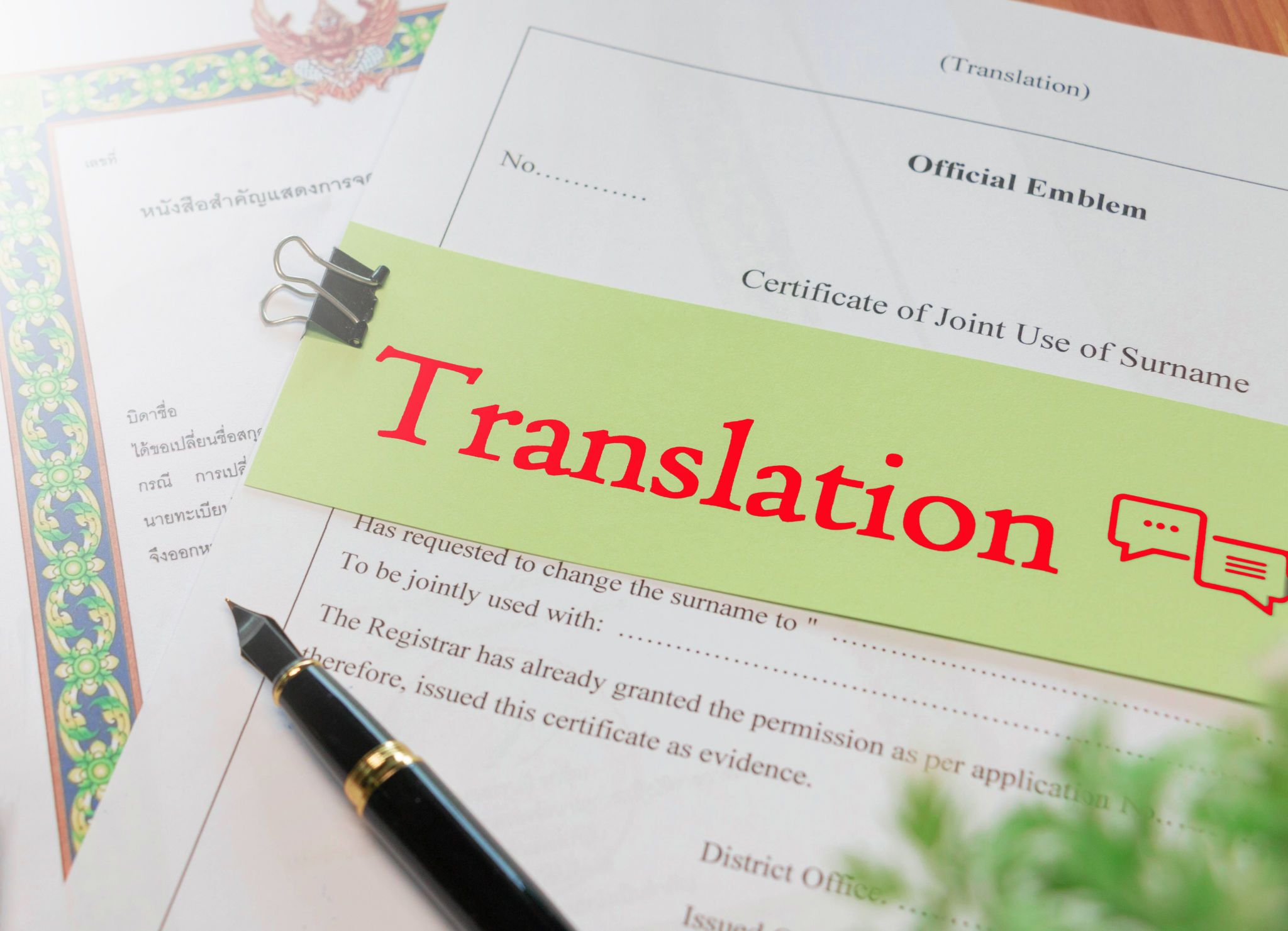Certified Translations vs. Notarized Translations: What's the Difference?
Understanding Certified Translations
When it comes to translations, the term "certified" often pops up, especially in official and legal contexts. A certified translation is a translation that is accompanied by a signed statement by the translator or translation company, attesting to the accuracy and completeness of the translation. This type of translation is typically required for legal documents such as birth certificates, marriage licenses, academic transcripts, and immigration documents.
The certification process ensures that the translated document is a true and accurate representation of the original text. It's important to note that the translator does not need to be certified; rather, it's the translation that is certified. Certified translations are often required by government agencies, courts, and educational institutions.

Exploring Notarized Translations
A notarized translation, on the other hand, involves a notary public who verifies the identity of the translator and witnesses the signing of the certification statement. The notary public does not vouch for the accuracy of the translation itself but validates the authenticity of the signature. This extra layer of verification can add credibility to a document but is not always necessary for every type of translation.
Notarized translations are often used in situations where additional legal authentication is required, such as in international business dealings or certain legal proceedings. However, not all documents that require a certified translation also require notarization.

Key Differences Between Certified and Notarized Translations
While both certified and notarized translations serve to provide authenticity and reliability to translated documents, they are used in different contexts and for different purposes. Here are some key differences:
- Purpose: Certified translations focus on ensuring accuracy and completeness, while notarized translations add an additional layer of authentication through a notary public.
- Usage: Certified translations are commonly used for immigration, academic, and legal purposes. Notarized translations are often required for legal or business documents that need additional verification.
- Process: Certification involves a translator's signed statement, whereas notarization involves a notary public verifying the translator's identity and signature.

When Do You Need Each Type?
The type of translation you need depends largely on the requirements set by the receiving institution or authority. For instance, if you are submitting documents for immigration purposes, you will likely need certified translations. However, if you are involved in international business contracts or legal proceedings, notarized translations might be necessary.
It's crucial to understand the specific requirements of your situation to ensure that your documents are accepted without any issues. Consulting with a professional translation service can help you determine whether your documents need to be certified, notarized, or both.
Choosing the Right Translation Service
Selecting a reputable translation service provider is essential to ensure that your documents are translated accurately and meet the necessary certification or notarization standards. Look for providers with experience in your specific field and verify their credentials. Additionally, inquire about their process for handling certified and notarized translations to ensure they can meet your needs.

Remember, using a professional service not only ensures accuracy but also saves time and reduces stress by ensuring compliance with all necessary requirements. With the right approach and resources, navigating the complexities of certified and notarized translations becomes a straightforward process.
